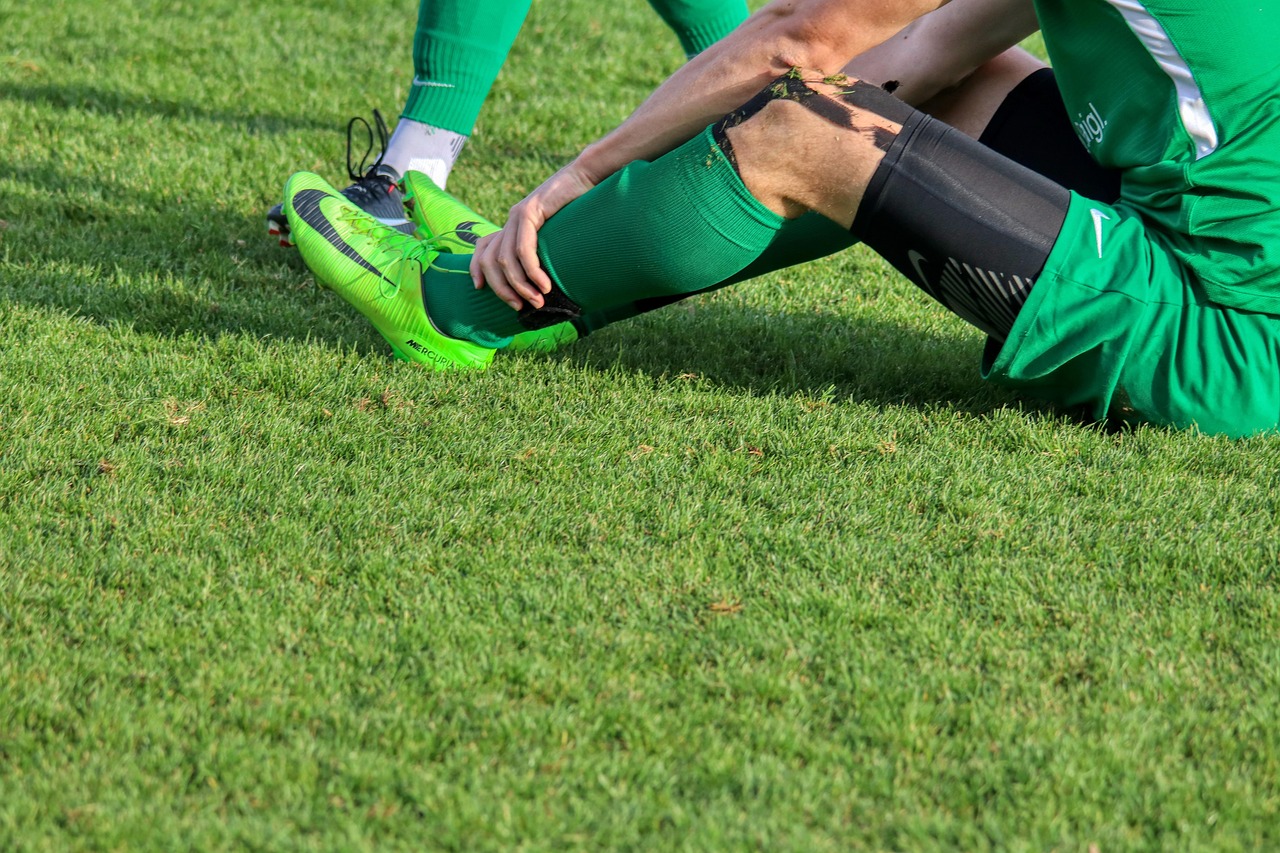
Injuries & Accidents in Thailand: Urgent Care Guidance for Travelers and Expats
Why Injury Care Matters in Thailand
Thailand is one of the most visited countries in Asia, famous for its nightlife, beaches, temples, and adventure tourism. With millions of visitors annually, injuries are a common reason for urgent care visits. From scooter crashes in Pattaya, to sprained ankles on Chiang Mai hikes, to kitchen burns from street food stalls in Bangkok, accidents can happen anywhere.
Urgent care centers and private hospitals across Thailand provide fast, affordable treatment for non-life-threatening injuries. Emergency departments handle more serious trauma. Knowing what to expect, and where to go, is essential for both travelers and expats.
Common Injury Risks in Thailand
Scooter and motorcycle accidents: One of the leading causes of injuries among tourists, especially in beach towns and islands.
Traffic accidents: Road safety standards vary; pedestrians are at higher risk in urban areas.
Falls and sprains: Uneven sidewalks, slippery temple steps, and trekking in the north increase the risk.
Burns and cuts: Street food stalls, open flames, and cooking mishaps are frequent causes.
Sports and adventure injuries: Diving, surfing, ziplining, and rock climbing accidents occur in tourist hubs.
Heat exhaustion: Hot, humid weather leads to fainting, dehydration, and dizziness if precautions are not taken.
Animal bites: Stray dogs and monkeys are common; rabies vaccination may be required.
When to Use Urgent Care vs. Hospital Emergency
Urgent Care
Sprains, strains, and minor fractures
Cuts that need stitches
Small burns or abrasions
Heat exhaustion and mild dehydration
Minor allergic reactions or insect stings
Hospital Emergency Room
Major motorcycle or vehicle crashes
Severe head trauma or loss of consciousness
Large burns or open fractures
Chest pain, stroke symptoms, or breathing difficulties
Severe animal bites or suspected rabies exposure
Bangkok
Thailand’s capital is crowded, fast-paced, and full of nightlife and traffic—making accidents a daily reality.
Common Risks
Road accidents and pedestrian injuries in Sukhumvit and Silom
Burns and cuts at night markets and street food stalls
Heat exhaustion during long sightseeing days
Where to Get Care
Bumrungrad International Hospital, Bangkok Hospital, and Samitivej provide urgent and emergency care with English-speaking staff.
Numerous urgent care clinics across Sukhumvit handle minor cuts, sprains, and dehydration quickly.
Pattaya
Pattaya is known for its nightlife, beach scene, and scooter culture, all of which contribute to injury risks.
Common Risks
Scooter crashes on crowded coastal roads
Alcohol-related falls in nightlife areas
Cuts and burns from beachside BBQs and late-night food stalls
Where to Get Care
Bangkok Hospital Pattaya and multiple urgent care clinics near the beach provide quick, discreet care for tourists and expats.
IV rehydration and wound care are common services.
Chiang Mai
Northern Thailand is a hotspot for trekking, mountain biking, and temple tours. The terrain and climate contribute to different injury risks.
Common Risks
Sprains and falls on trekking routes or temple stairs
Motorcycle and scooter accidents on winding mountain roads
Insect bites in rural and jungle areas
Burns from cooking classes and street markets
Where to Get Care
Chiang Mai Ram Hospital and Bangkok Hospital Chiang Mai offer urgent care and emergency services.
Smaller clinics in the Old City provide walk-in treatment for travelers and expats.
Cost of Injury Care in Thailand
Stitches for cuts: 800–2,000 THB (~$25–$60 USD)
X-ray and splint for minor fractures: 2,500–5,000 THB (~$70–$140 USD)
Burn dressing and medication: 1,000–2,500 THB (~$30–$70 USD)
IV fluids for heat exhaustion: 800–1,500 THB (~$25–$45 USD)
Urgent care consultation in a private clinic: 600–1,200 THB (~$18–$35 USD)
What to Expect at an Urgent Care Visit
Triage and evaluation: nurse or doctor checks your injury
Diagnostics: X-rays or wound assessment if needed
Treatment: stitches, splints, burn dressings, IV therapy
Prescriptions: filled onsite or at nearby pharmacies
Documentation: English-language discharge papers for insurance claims
Prevention Tips for Travelers and Expats
Always wear helmets on scooters and motorcycles.
Avoid driving at night, especially on rural or island roads.
Stay hydrated, especially during sightseeing or outdoor adventures.
Use sunscreen and protective clothing to prevent heat burns.
Watch your footing on temple steps, wet sidewalks, and jungle trails.
Avoid stray animals and get rabies vaccination if staying long-term.
Limit alcohol before riding scooters or engaging in sports.
Key Takeaways
Thailand’s most common traveler injuries involve scooters, traffic accidents, and falls.
Bangkok, Pattaya, and Chiang Mai all have excellent urgent care clinics and private hospitals.
Urgent care is affordable, fast, and usually English-friendly.
Emergency departments handle serious trauma, but most tourist injuries are manageable at urgent care.
Prevention—helmets, hydration, careful footing, and basic caution—is the best strategy.